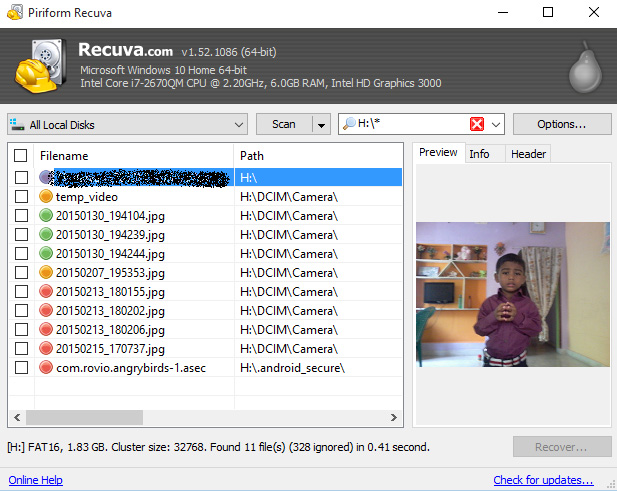

When I connect my Kindle to my PC, I'm not able to view the full directory structure of the Kindle (so that I can't try to bypass Amazon's "pay extra to not be buggered by advertisements" feature).

I also can't just move files around on the MP3 player if I "cut and paste" a file, Windows has to copy it from the device to a temporary location on the PC, delete the original, then copy the temporary file back to the device. I have an MP3 player that responds resistingly to having a "New Folder" renamed directly on the device, so I'll usually name an empty folder on my PC before moving it to the MP3 player. A USB-connected harddrive will usually behave as if it's part of the PC's internal system, while a handheld seems to usually have an additional layer of abstraction between its file system and the PC. tablets and cell phones (let's call them "handhelds"), tend to communicate with an attached PC less cooperatively than something more "PC" like an external harddrive. In my experience, devices that can function as independent portable devices, e.g.


 0 kommentar(er)
0 kommentar(er)
